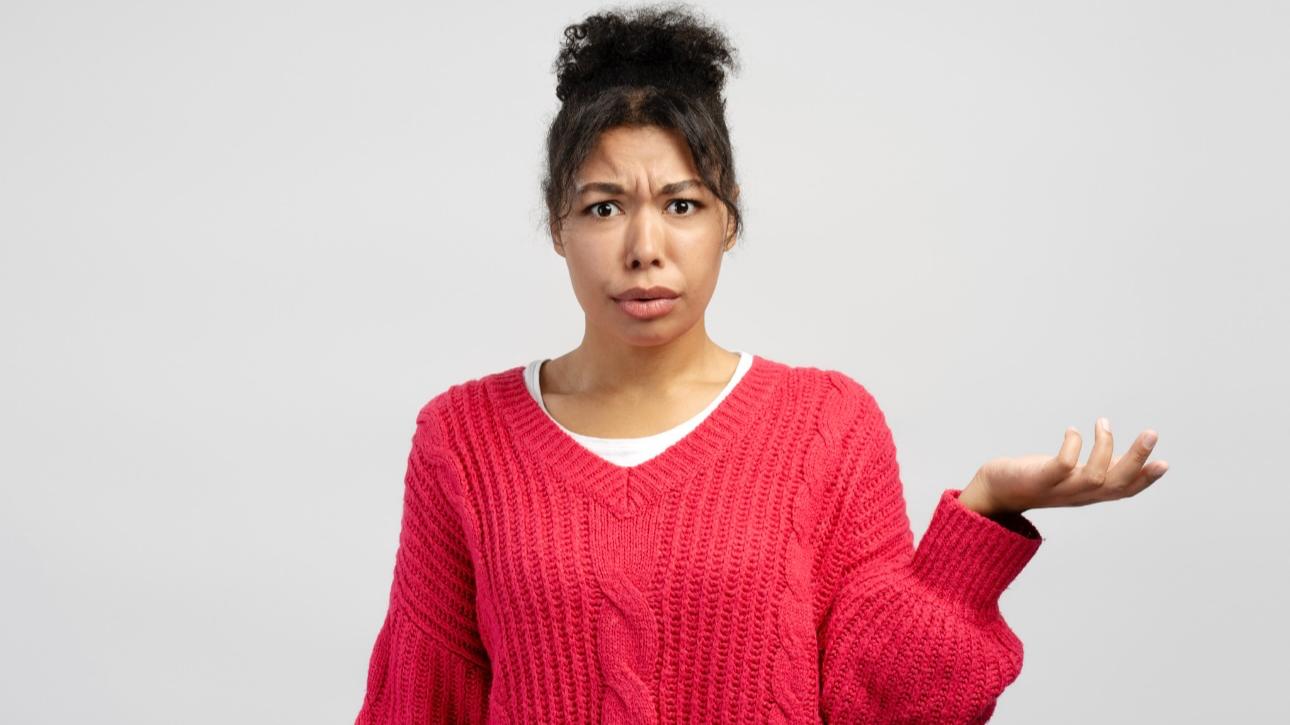Menopause at 40? Understanding Early Onset Symptoms
Hot flashes at 40? Mood swings you can’t explain? Your period ghosting you for months at a time? If your body feels off but you’re too young to be “menopausal,” it might be time to talk about something most women don’t see coming: early onset menopause.
Yes — menopause can start in your 30s or early 40s, and no, it’s not just something that happens in your 50s.
Whether you’re experiencing weird hormonal shifts or just want to stay informed, here’s the ultimate guide to understanding early menopause — and what to do if it happens to you.
What Is Early Menopause?
Early menopause refers to when a woman’s ovaries stop producing estrogen and progesterone before the age of 45.
There are two main types:
• Early Menopause: Occurs between ages 40–45
• Premature Menopause: Happens before age 40
And yes — it’s menopause for real. That means no more periods and the end of fertility.
Why Does Early Menopause Happen?
There are several reasons women enter menopause earlier than expected:
1. Genetics
If your mother or older sisters experienced menopause early, you might, too.
2. Medical Conditions
Autoimmune diseases, endometriosis, thyroid disorders, and PCOS can play a role in ovarian decline.
3. Surgeries
A hysterectomy or removal of the ovaries will trigger surgical menopause.
4. Chemotherapy or Radiation
Cancer treatments can damage ovarian function and bring on early menopause.
5. Unknown Causes
In many cases, there’s no clear reason. This is called Primary Ovarian Insufficiency (POI).
What Are the Symptoms of Early Menopause?
Many of the symptoms mirror those of “typical” menopause — they’re just happening way earlier than expected.
Watch for:
• Irregular or missed periods
• Night sweats and hot flashes
• Vaginal dryness or discomfort
• Mood swings and irritability
• Brain fog or memory lapses
• Decreased libido
• Sleep disturbances
• Fatigue
• Thinning hair or dry skin
If you’re under 45 and experiencing several of these, it’s time to speak with a health professional.
How Is It Diagnosed?
Your doctor may recommend:
• Hormone blood tests — including FSH, LH, and estrogen
• Thyroid function tests to rule out other causes
• Pelvic ultrasound to assess ovarian size or follicle count
• A review of your menstrual history and symptoms
Diagnosis tip: If you’ve gone 12 months without a period, you’re considered officially menopausal.
Is There Any Treatment?
Yes — and early diagnosis matters. Because estrogen is involved in so much more than fertility, early menopause can raise your risk for:
• Osteoporosis
• Heart disease
• Anxiety and depression
• Cognitive decline
Most Common Treatments Include:
1. Hormone Replacement Therapy (HRT)
Helps manage symptoms and protect long-term health — especially bone and heart function.
2. Non-Hormonal Medications
Used for women who can’t take estrogen, such as those with a history of certain cancers.
3. Lifestyle Adjustments
• Regular weight-bearing exercise
• Calcium and vitamin D
• Stress management and sleep hygiene
• Limiting caffeine and alcohol
4. Fertility Support (If Needed)
Women diagnosed with early menopause can no longer conceive naturally, but donor eggs, IVF, or embryo adoption are possible options.
How to Emotionally Cope with Early Menopause
The emotional impact can be just as intense as the physical one. You might feel:
• Shock
• Grief over fertility loss
• Anxiety about aging
• Isolation (because it feels “too early” to talk about it)
Here’s what helps:
• Join menopause or POI support groups
• Talk to a therapist (especially if fertility loss is triggering)
• Speak openly with your partner or close friends
• Reframe menopause as a powerful transition, not an ending
Real Talk: You’re Not Too Young for This
If your doctor dismisses your symptoms because of your age — keep pushing. Early menopause is underdiagnosed, and too many women suffer in silence or are misdiagnosed with depression or anxiety alone.
You deserve answers. And you deserve care that takes your body seriously, no matter your age.
What Early Menopause Is NOT
Let’s bust a few myths:
• It’s not a reflection of your health or lifestyle “failing”
• It doesn’t mean you’re aging prematurely
• It’s not something you just have to “deal with” without support
• It doesn’t define your womanhood, beauty, or strength
Final Thoughts
Menopause at 40 isn’t a failure. It’s biology — sometimes unpredictable, often unexplained, but absolutely manageable.
If you’re experiencing symptoms, don’t wait. Talk to a doctor, track your cycle, explore your options, and get support.
This is your body — and you get to own every phase of it, on your own terms.










